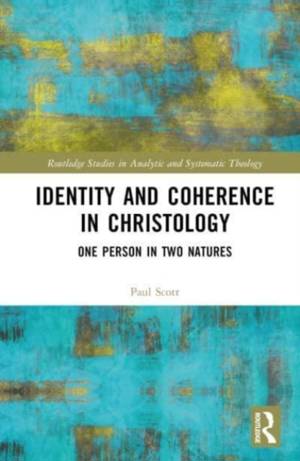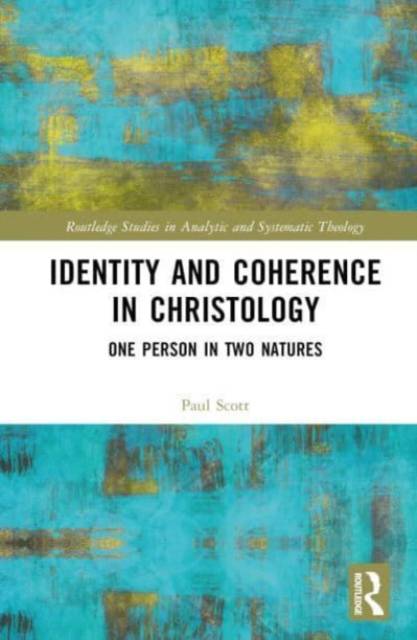
- Retrait gratuit dans votre magasin Club
- 7.000.000 titres dans notre catalogue
- Payer en toute sécurité
- Toujours un magasin près de chez vous
- Retrait gratuit dans votre magasin Club
- 7.000.000 titres dans notre catalogue
- Payer en toute sécurité
- Toujours un magasin près de chez vous
Description
This book explores a number of closely related logical and metaphysical questions relating to the identity of Jesus Christ. In particular it considers: 'What does "Jesus Christ" name?' and 'How may Jesus Christ be the subject of both divine and human attributes, given their apparent incompatibility?'. The author draws on analytic and scholastic influences and integrates them into a rehabilitation of the neglected habitus theory of the hypostatic union. The theory maintains a real identity between Christ and the Word and emphasises the instrumental or possessory dimension of Christ's relationship to his human nature. This approach allows for an account of the hypostatic union that is true to the indispensable articles of classical Christology and which satisfies the demands of logical coherence. Yet, at no point is the mystery of the Incarnational event reduced to the strictures of creaturely comprehension. The book will be of particular interest to scholars of Christology, analytic theology and the philosophy of religion.
Spécifications
Parties prenantes
- Auteur(s) :
- Editeur:
Contenu
- Nombre de pages :
- 190
- Langue:
- Anglais
- Collection :
Caractéristiques
- EAN:
- 9781032450476
- Date de parution :
- 29-09-23
- Format:
- Livre relié
- Format numérique:
- Genaaid
- Dimensions :
- 156 mm x 234 mm
- Poids :
- 458 g







